I tried to follow this tutorial: http://t4-editor.tangible-engineering.com/blog/how-to-generate-multiple-output-files-from-a-single-t4-template.html
with visual studio 2015 (.Net 4.5)
Sample project with error: http://www.filedropper.com/t4fail
I created the Template1.tt with the following source:
<#@ include file="TemplateFileManagerV2.1.ttinclude" #>
<#@ Assembly Name="System.Core" #>
<#@ Assembly Name="System.Windows.Forms" #>
<#@ import namespace="System" #>
<#@ import namespace="System.IO" #>
<#@ import namespace="System.Diagnostics" #>
<#@ import namespace="System.Linq" #>
<#@ import namespace="System.Collections" #>
<#@ import namespace="System.Collections.Generic" #>
<#
var manager = TemplateFileManager.Create(this);
#>
I added TemplateFileManagerV2.1.ttinclude from template gallery to my project.
Then I got an error:
'Microsoft.VisualStudio.TextTemplating.IDebugTextTemplatingEngine' is defined in an assembly that is not referenced. You must add a reference to assembly 'Microsoft.VisualStudio.TextTemplating.Interfaces.11.0, Version=11.0.0.0, Culture=neutral, PublicKeyToken=b03f5f7f11d50a3a'.
So I added references to
C:\Windows\Microsoft.NET\assembly\GAC_MSIL\Microsoft.VisualStudio.TextTemplating.11.0\v4.0_11.0.0.0__b03f5f7f11d50a3a\Microsoft.VisualStudio.TextTemplating.11.0.dll
and
C:\Windows\Microsoft.NET\assembly\GAC_MSIL\Microsoft.VisualStudio.TextTemplating.Interfaces.11.0\v4.0_11.0.0.0__b03f5f7f11d50a3a\Microsoft.VisualStudio.TextTemplating.Interfaces.11.0.dll
to my project, but nothing changed.
The error was in the following method inside .ttinclude
public string GetTemplateContent(string templateName, TextTemplatingSession session)
{
string fullName = this.Host.ResolvePath(templateName);
string templateContent = File.ReadAllText(fullName);
var sessionHost = this.Host as ITextTemplatingSessionHost;
sessionHost.Session = session;
Engine engine = new Engine();
return engine.ProcessTemplate(templateContent, this.Host);
}
I replaced it with
public string GetTemplateContent(string templateName, TextTemplatingSession session)
{
string fullName = this.Host.ResolvePath(templateName);
string templateContent = File.ReadAllText(fullName);
var sessionHost = this.Host as ITextTemplatingSessionHost;
sessionHost.Session = session;
//Engine engine = new Engine();
return "";//engine.ProcessTemplate(templateContent, this.Host);
}
to check if the problem is indeed in dll and got:
'Microsoft.VisualStudio.TextTemplatingA30AC8B57EFC4307E43667FCD72F5E4857F498C5224AE0D43FFC74B3A98D4FA090794EF196648D62B1BC664AFBA5EDE831067D7D1768A759EBBE83426975F7AA.GeneratedTextTransformation' does not contain a definition for 'Host' and no extension method 'Host' accepting a first argument of type 'Microsoft.VisualStudio.TextTemplatingA30AC8B57EFC4307E43667FCD72F5E4857F498C5224AE0D43FFC74B3A98D4FA090794EF196648D62B1BC664AFBA5EDE831067D7D1768A759EBBE83426975F7AA.GeneratedTextTransformation' could be found (are you missing a using directive or an assembly reference?)
It seems, that it's not.

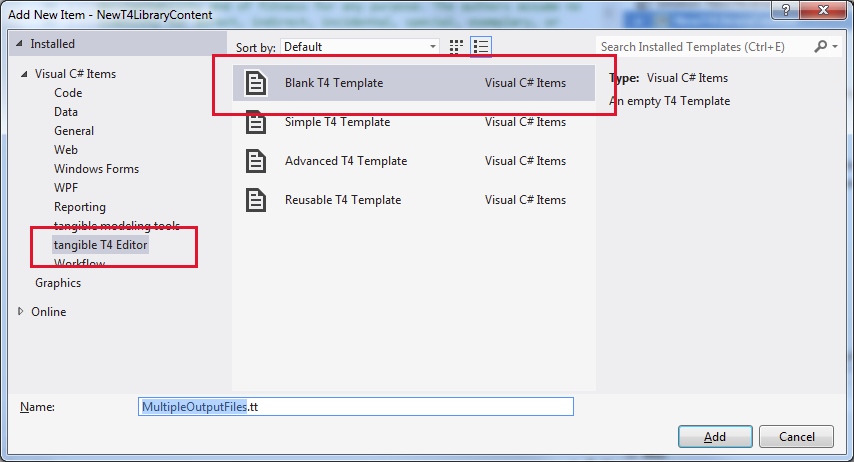
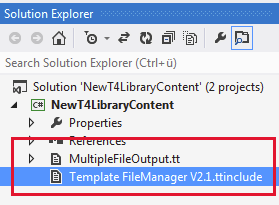
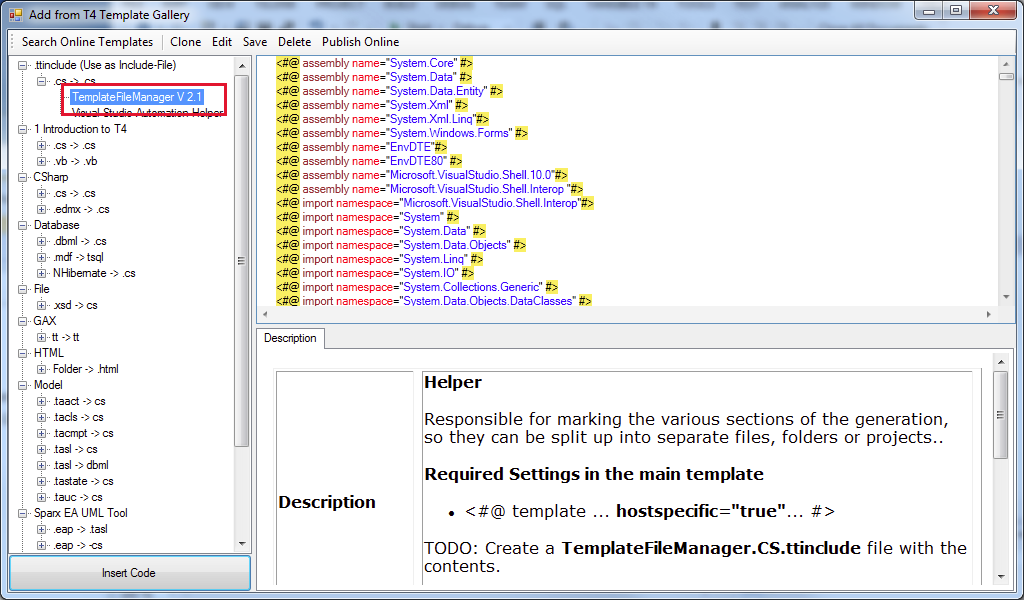
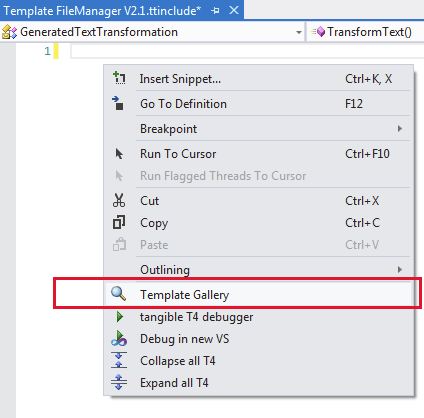
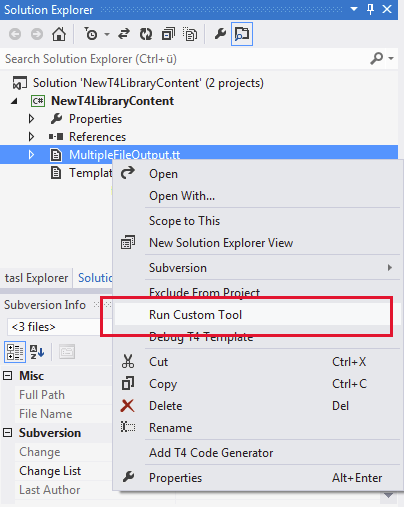
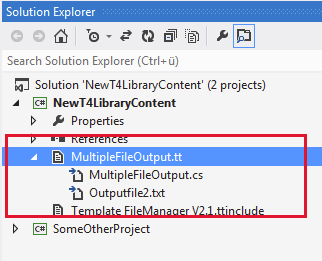
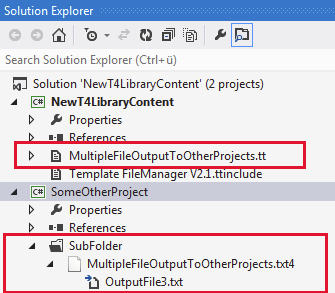
1add a using directive to the .cs file header2manually add the .dll to the references node in the project. if you are deploying also make sure that you set theCopyLocalproperty of the dll in the reference node = true. – Labret